Optimal Seasons for Foundation Repairs
Foundation repairs are most effectively performed under specific seasonal conditions. Understanding the optimal timing can help ensure the longevity and stability of repairs. Factors such as soil moisture levels, temperature fluctuations, and weather patterns influence the best periods for foundation work.
Spring often presents ideal conditions due to moderate temperatures and increased soil moisture, allowing for effective soil stabilization and foundation adjustments.
Summer can be suitable if temperatures are moderate and there is no extreme heat or drought, which can cause soil to dry out and crack.
Fall offers cooler temperatures and consistent soil moisture, making it a good time for foundation repairs before winter.
Winter is generally less favorable due to freezing temperatures and frozen ground, which can hinder excavation and repair processes.

Soil moisture levels are typically ideal for foundation repairs during springtime, reducing risks of shifting.
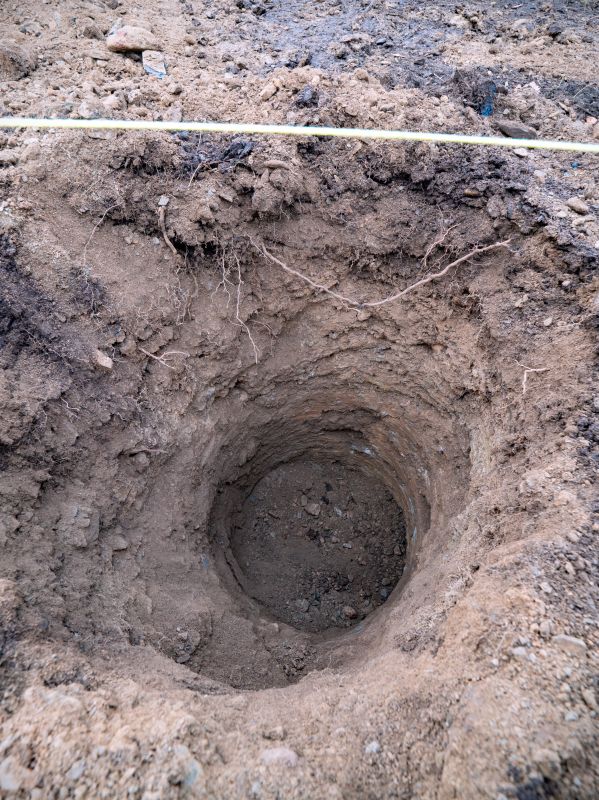
Dry soil in summer can cause movement; repairs should be planned during moderate conditions.
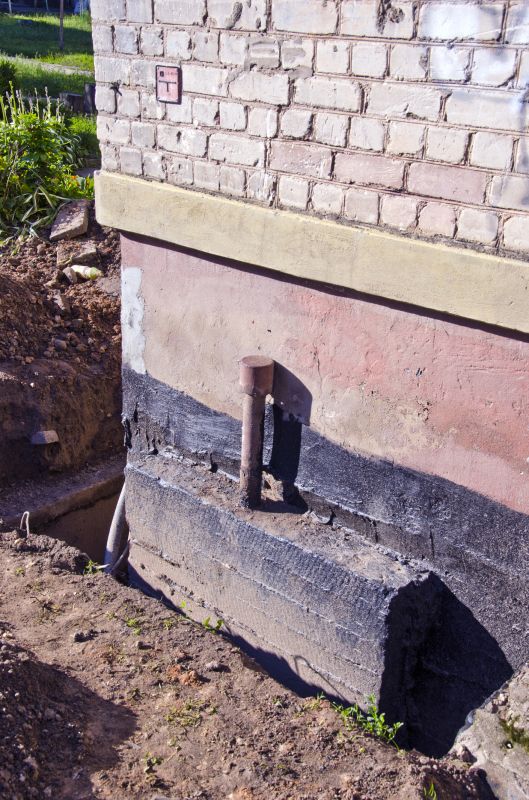
Fall allows for repairs before winter, with stable ground and manageable weather.

Ways to make Foundation Repairs work in tight or awkward layouts.

Popular materials for Foundation Repairs and why they hold up over time.

Simple add-ons that improve Foundation Repairs without blowing the budget.
| Season | Optimal Conditions |
|---|---|
| Spring | Moderate temperatures and increased soil moisture |
| Summer | Moderate temperatures; avoid extreme heat or drought |
| Fall | Cool temperatures and consistent soil moisture |
| Winter | Freezing temperatures and frozen ground |
Foundation repairs involve correcting issues such as settling, cracking, or shifting that can compromise structural integrity. Timely repairs can prevent further damage and reduce long-term costs. Soil conditions, weather patterns, and ground movement are critical factors influencing the success of foundation work. Proper planning around seasonal conditions ensures repairs are durable and effective.
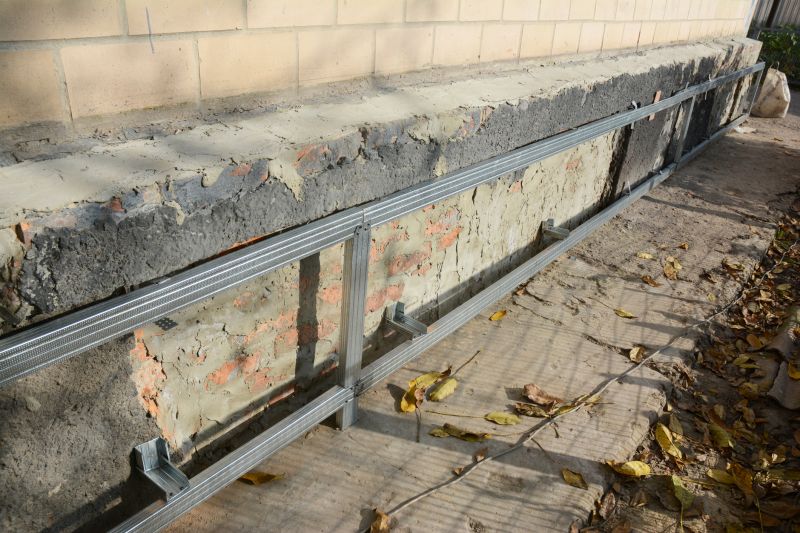
Progression from assessment to stabilization, utilizing various techniques suited to seasonal conditions.
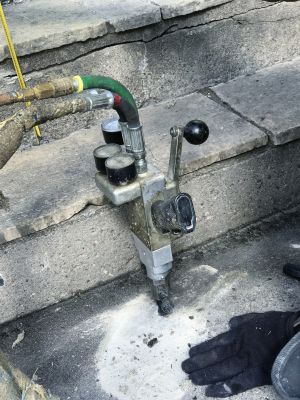
Methods such as mudjacking or piering are used to address soil-related foundation issues.
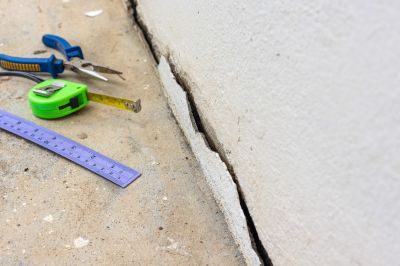
Post-repair inspections ensure long-term stability and performance.
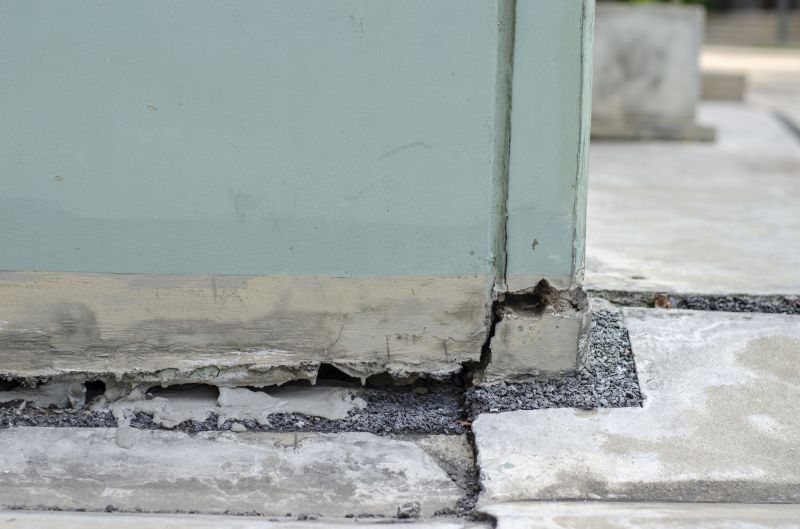
Regular inspections help identify issues early, especially during optimal repair seasons.
Choosing the right time for foundation repairs can lead to more effective results and longer-lasting solutions. Consulting with a foundation specialist can help determine the best schedule based on local climate and soil conditions. Proper timing minimizes disruptions and enhances the durability of repairs performed.
Interested in foundation repairs? Filling out the contact form can provide additional guidance on scheduling and the best approaches for addressing foundation issues in Bellevue, NE.


